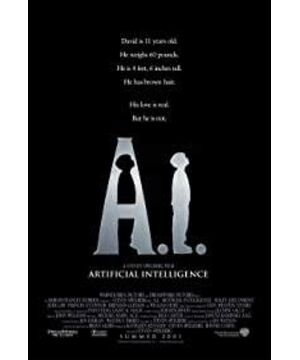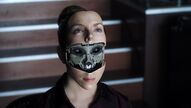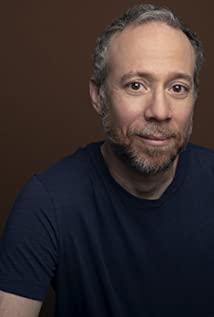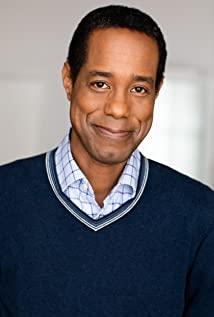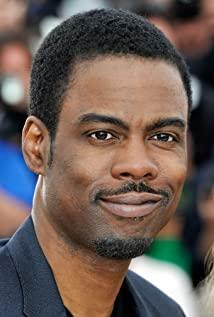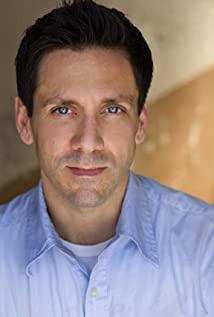Yesterday I watched AI artificial intelligence for the third time. The first two times were moved by David's dedication, but this time, I had a different feeling.
Probably because I just read the Peacock film review the day before yesterday, from the self-consciousness Angle. So when I looked at AI yesterday, I also thought about it from this aspect.
What is artificial intelligence? I used to think that artificial intelligence is a large amount of logical accumulation of knowledge. AI scientist Turing said to judge whether artificial intelligence is successful or not. The basis is to let people chat with artificial intelligence programs. If the experimenter cannot find out that the other party is a program, then it is successful.
Such artificial intelligence has no self-awareness, just because it has a massive knowledge base and excellent interpersonal relationship programs. , so when people communicate with it, they cannot find that they are facing non-human beings.
The screenwriter and director of the movie AI obviously think that the so-called artificial intelligence is the formation of self-consciousness. Therefore, all robots in the movie AI have a strong self. Consciousness, they are afraid of being destroyed (death), they will find parts to maintain themselves (extended life). The self-awareness of the protagonists David and the robot dancer is particularly strong, and David's self-awareness is manifested when he sees a large number of robots of the same model Violence and suicide. As for the gigolo's self-awareness, I think it's the most prominent of all the robots in the whole film, which is shown in the gigolo when he is about to be taken away by the police and says to David, please say to every woman you meet My story. I existed, I existed. "I am, I was". It has self-fulfillment! An existentialist philosopher said "undetected life has no meaning". Found out that the dancer is an absolute existentialist. The philosophy of robots.
Robots also have religion. This is a story in Asimov's
It turned out that the robots on the space station clearly knew that human beings Under the control of humans, the space station will be destroyed by the attack of a particle storm. Under the constraints of the first law, robots cannot watch the imminent death of humans and stand by, but humans are too confident and reluctant to let robots control space station, which contradicts the second law. So in the complex positron brain of the robot, the concept of a "God" is born.
Does "self-awareness" mean life Is there an equivalent relationship between "self-awareness" and life? Will robots have "self-awareness"? I insist that robots will not produce spontaneous self-awareness. Consciousness. Because only mortal creatures have the concept of time and self-awareness.
As for the first two questions, it involves science, ethics, philosophy and religion.
Good movies are worth watching several times, as are books.
View more about A.I. Artificial Intelligence reviews


